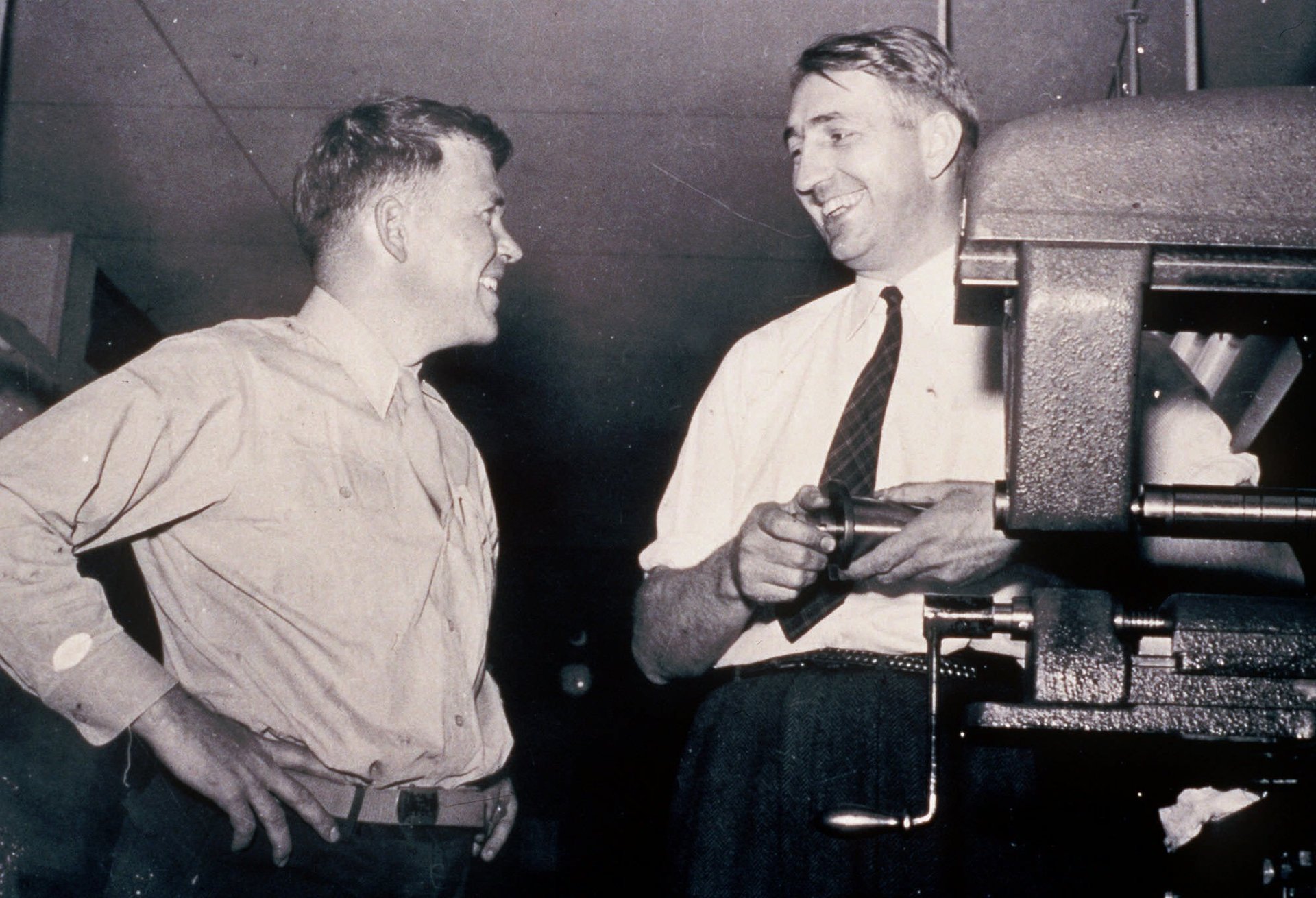The 79-year history of Silicon Valley’s first tech startup was destroyed in the Santa Rosa fires
There’s a garage in Palo Alto called “the Birthplace of Silicon Valley.” In the small cramped shed in 1938, William Hewlett and David Packard started an electronics company backed by just $538 in cash.


There’s a garage in Palo Alto called “the Birthplace of Silicon Valley.” In the small cramped shed in 1938, William Hewlett and David Packard started an electronics company backed by just $538 in cash.
At first, it sold audio oscillators to test speakers. Today, the multi-billion dollar HP (formerly Hewlett-Packard Company) is the biggest personal computer manufacturer in the world. It’s widely considered the pioneering startup of Silicon Valley.
On October 29, some of the physical evidence of that history went up in smoke. It was another victim of the wildfire that raged through Northern California’s wine country destroyed 6,800 homes and killed least 23 residents, reports The Press Democrat newspaper in Santa Rosa.
The Tubbs fire incinerated more than 100 boxes of Hewlett and Packard’s writings, correspondence, and speeches. The papers were being stored at Keysight Technologies, one of the world’s largest electronics measurement companies, which has links to HP. The archives, valued at $2 million and acquired in 2014, were being stored in two “modular buildings” on the corporate campus, the paper reported.
The loss is a blow to future historians interested in understanding American business and the history of Silicon Valley. Although some other files exist, including in an online “memory project,” Hewlett and Packard’s personal and corporate history were irreplaceable. Hewlett died in 2001, at age 87, and Packard in 1996 at age 83.
The consequences could be more than just academic. Business historians have used unearthed empirical data to confirm, or contradict, fashionable theories and assumptions in other disciplines, argues Harvard Business School professor Geoffrey Jones. With these resources, he says, we risk the “spread of influential theories based on ill-informed understandings of the past.”